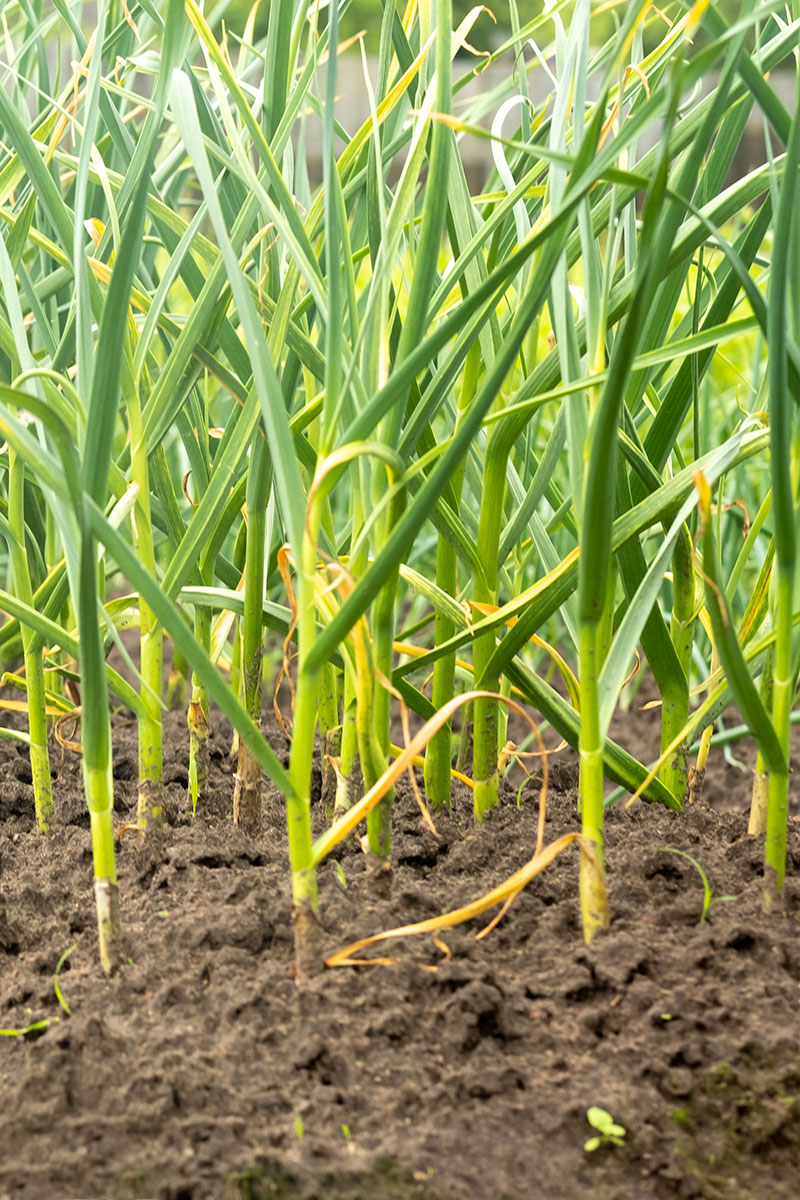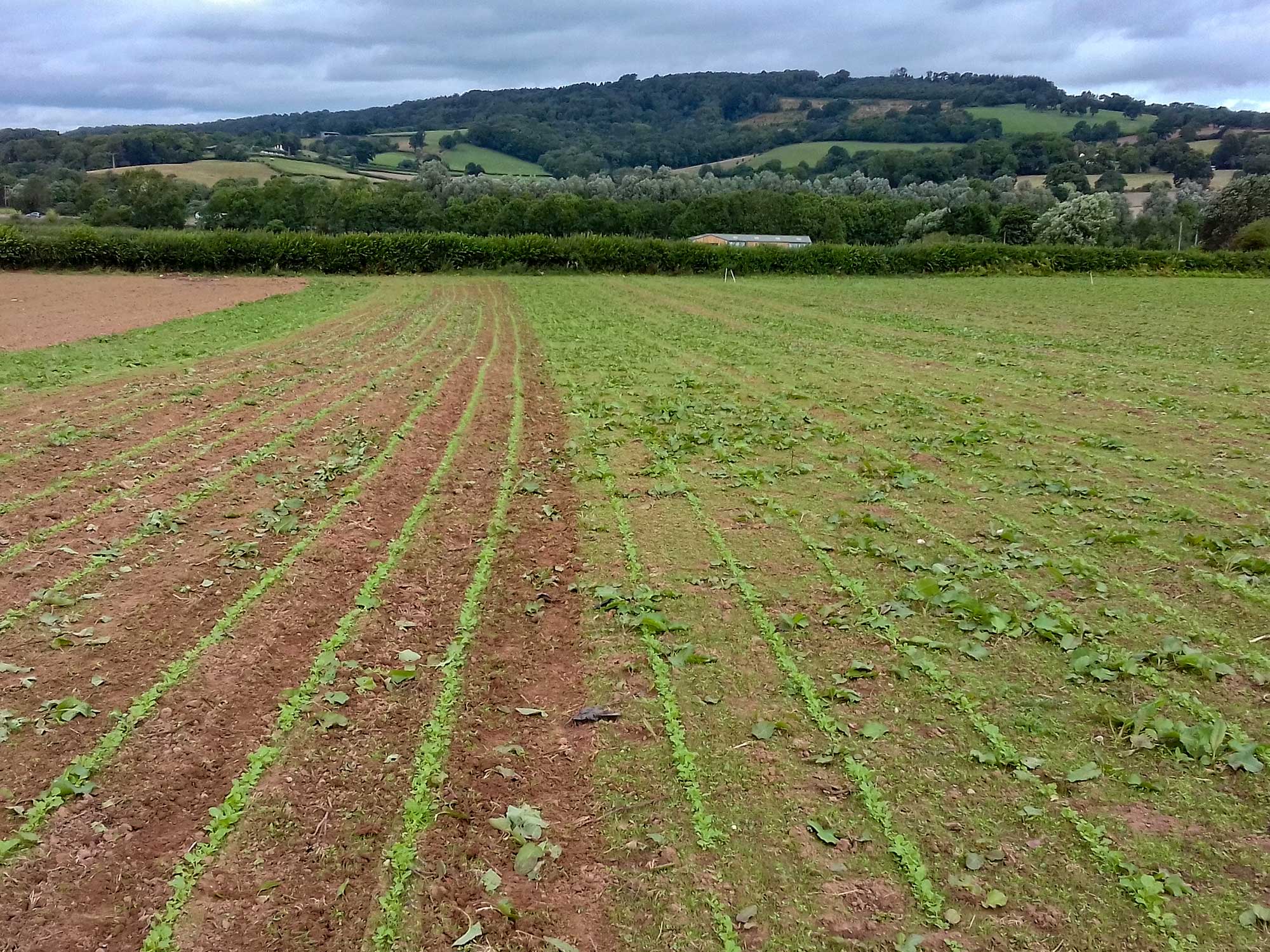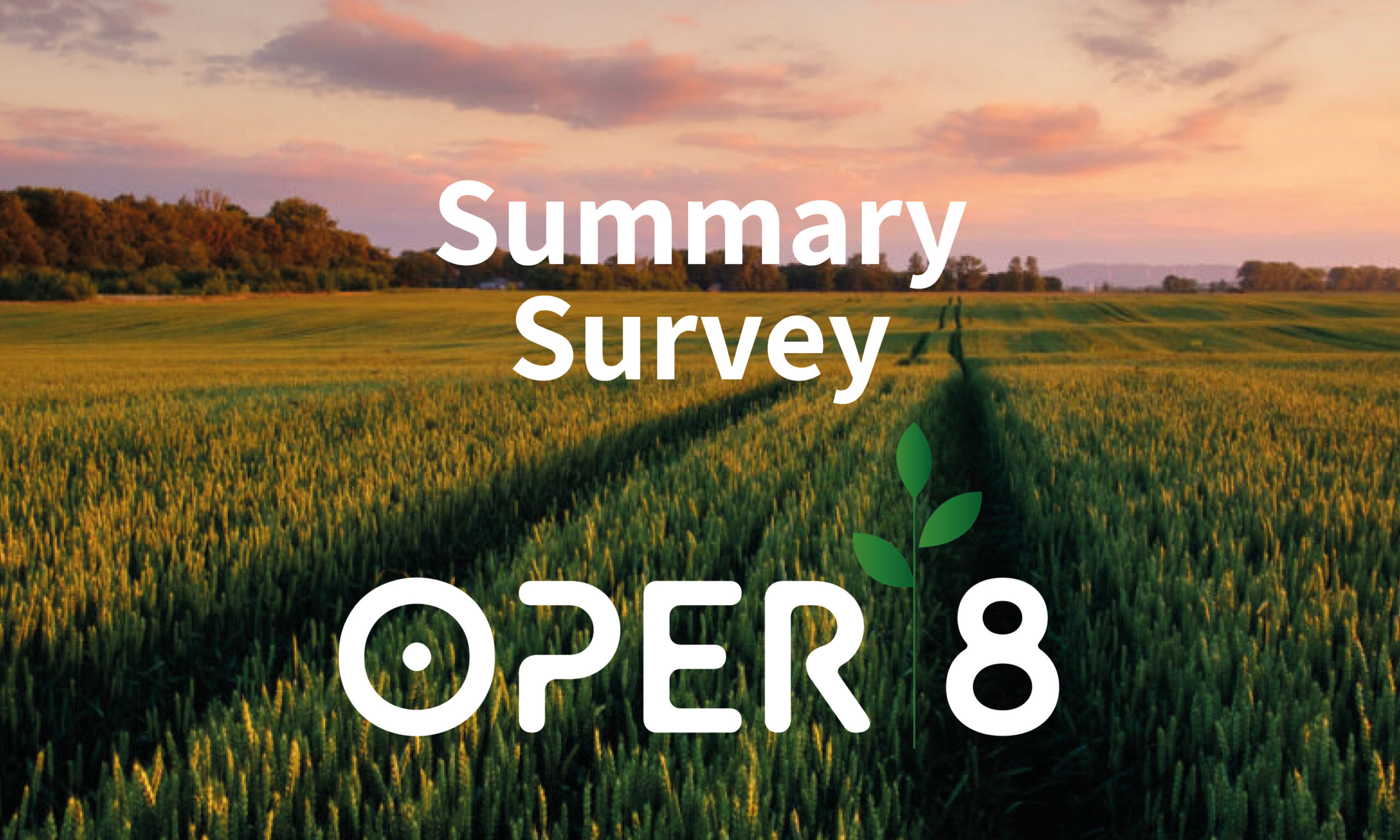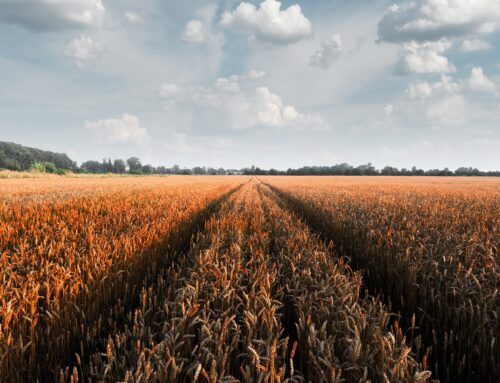As part of Oper8 an online survey was conducted to establish what farmers and associated stakeholders require to transition to greater uptake of alternative weed control solutions, and to highlight current resource gaps across the industry.
A total of 625 valid responses were returned across the seven countries. Participants were categorised as farmers and non-farmers, with 57% of respondent being farmers and 43% non-farmers (Table 1).
Table 1. The number of survey participants categorised by their main occupation and country of residence.

Analysis of the survey results identified a series of barriers to uptake of alternative weed control across EU and the UK. The survey showed stakeholders are aware of alternative approaches to weed management and would like to increase their usage due to environmental, ecological and herbicide resistance management concerns. However there are several barriers preventing this uptake. By understanding these barriers to adoption of alternative weed control methods, researchers, policy makers and practitioners can develop targeted strategies to overcome these barriers and promote more sustainable weed control practices.
The results also identified opportunities for targeted communication and dissemination efforts as well as identifying groups which may require further outreach to increase adoption of alternative weed control.
Focus groups
The results of each countries survey were discussed in a focus group held in each country to gain a deeper insight and understanding into the needs, gaps and barriers. The focus groups consisted of farmers, researchers and industry representatives, an discussed the specific needs and barriers for increasing the use of alternative weed control methods within each region involved in OPER8.
A key outcome from all focus group meetings was the high dependency on synthetic chemical herbicides that farmers have across regions in the variety of cropping sectors included. Many countries within Oper8 have a varied climate with crops ranging from cereals and vegetable to olives, fruits and vineyards. Therefore herbicide use and alternative weed control strategies vary based on the regions within each country and the crops grown.

Sweden’s herbicide reliance was lower compared to other countries according to survey results. This may be partly due to its higher proportion of organic agricultural production. The colder climate and shorter growing seasons might impact the types and amounts of herbicides used and IPM and alternative weed control methods might be more prevalent.
There is growing interest in sustainable agriculture and integrated strategies are increasing amid concerns about environmental impact and sustainability.

Needs
The actions needed for farmers to increase uptake of alternative weed control approaches were discussed in detail by each focus group and priorities were identified within each country. The main priorities for increasing the uptake of alternative weed control across all regions were:
- Providing opportunities to farmers to access alternative equipment
- The demonstration of alternative approaches,
- Facilitate peer to peer learning and knowledge exchange.
In addition it was also highlighted that subsidies for environmentally friendly farming, consultations with specialists and trials of alternative methods were needed. It was noted that farmers lacked confidence in alternative weed control methods and that this could be improved through increased availability of information.
Addressing these barriers requires a combination of financial incentives, policy support, demonstration events and research to demonstrate the viability and benefits of sustainable alternatives over the long term.
The general needs and barriers for alternative weed control are similar across regions involved in OPER8, indicating that a harmonised strategy could be successful when implemented at an EU-wide level. However, it should be noted that different regions have unique challenges and resources. Solutions need be adapted to the local context, considering factors like climate, soil type, and cropping system/ crop rotation.
The data collected from the survey and focus groups will support the development of National Action Plans (NAP) in each country, matching the needs of stakeholders across and within each region with technical solutions to develop Best Practices for alternative weed control for different countries and cropping systems. The results from the survey will be published on the Oper8 website. An inventory of alternative weed control solutions is currently being produced to sit alongside the National action plans for each country, this will all be made available on the website in the near future.
Workshop nearby you!
If you would be interested in taking part in upcoming stakeholder workshops to guide the National Action plans in your country please get involved with the National Network Operator in your country:
List of NNOs:

France
Contact person:
Camille Guilbert
Latvia
Contact person:
Inga Berzina
Sweden
Contact person:
Thomas Börjesson
Greece
Contact person: Ilias S. Travlos
Spain
Contact person:
María Rosa Mosquera Losada
Italy
Contact person:
Lorenzo Tramacere
UK
Contact person:
Kevin Godfrey
Contact person:
Lynn Tatnell




